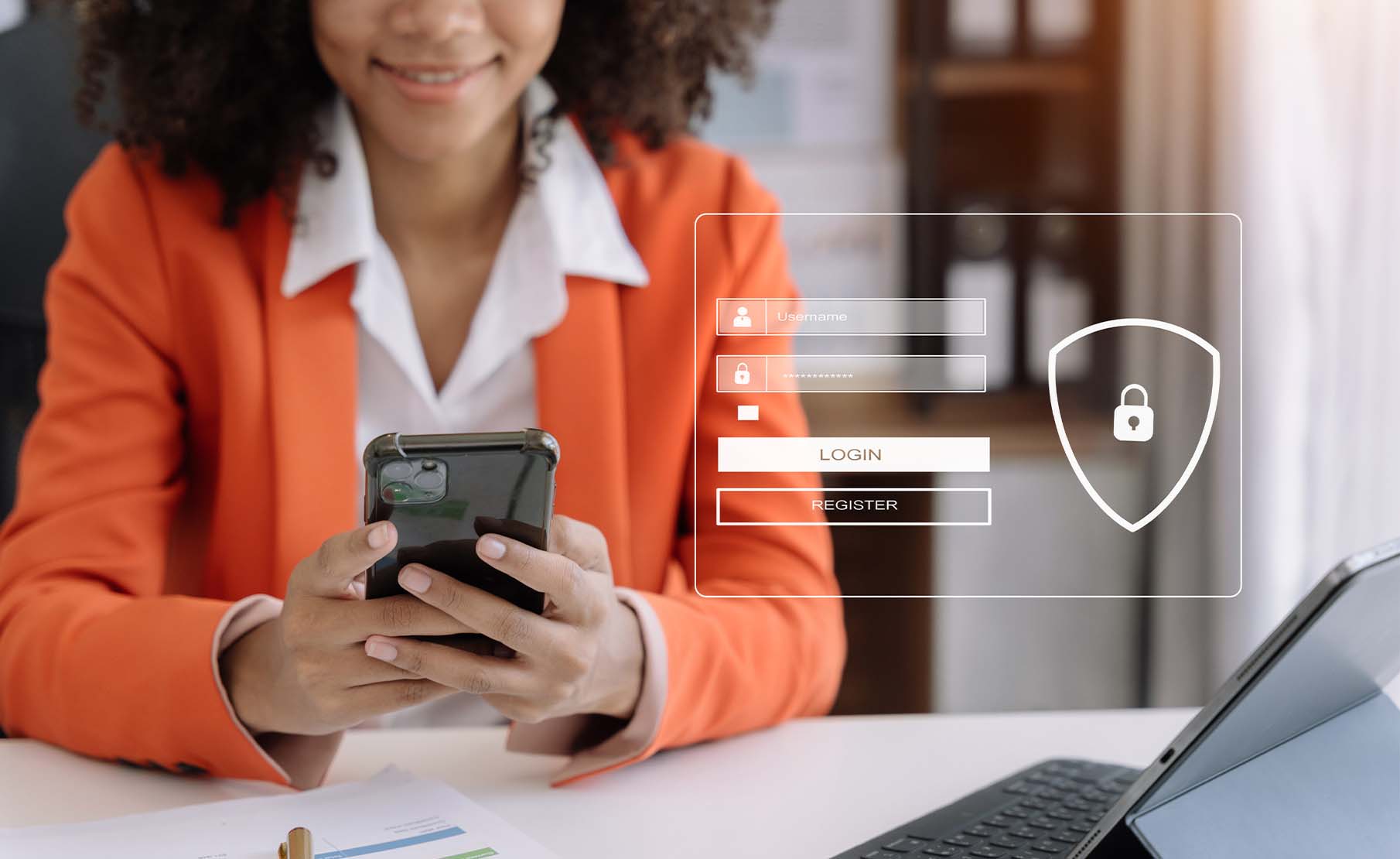After doing some analysis, digging information, made WhatsApp Hacked: Protect Yourself From Cyber Threats And Account Compromises we put together this WhatsApp Hacked: Protect Yourself From Cyber Threats And Account Compromises guide to help target audience make the right decision.
FAQ
This section addresses frequently asked questions regarding WhatsApp account hacks and cybersecurity threats. Understanding these issues is crucial for protecting your account and personal information.

XenoPro | Chipotle Got Hacked-Protect Yourself! - Source www.xenoprotech.com
Question 1: Can WhatsApp accounts be hacked?
Yes, WhatsApp accounts can be hacked through various methods, including phishing, malware, and social engineering attacks. Hackers can gain access to your account, read your messages, and impersonate you to your contacts.
Question 2: What should I do if my WhatsApp account is hacked?
If you suspect your account has been hacked, take immediate action by:
- Contacting WhatsApp support
- Signing out of all your WhatsApp sessions
- Enabling two-factor authentication
- Resetting your WhatsApp password
Question 3: How can I prevent my WhatsApp account from being hacked?
To minimize the risk of hacking, follow these precautions:
- Use a strong password and enable two-factor authentication
- Be cautious of suspicious links or messages
- Avoid downloading untrusted apps
- Keep your WhatsApp app up to date with the latest security patches
Question 4: What are the signs that my WhatsApp account may have been hacked?
Be vigilant for these potential signs:
- Unusual activity or messages sent from your account
- Contacts receiving messages from you that you did not send
- Changes to your account settings without your knowledge
- WhatsApp notifications about logins from unknown devices
Question 5: Can I recover my hacked WhatsApp account?
Yes, in many cases, you can recover your hacked account by contacting WhatsApp support and providing proof of identity. However, prompt action is essential to minimize potential damage.
Question 6: What should I do if I receive a suspicious message claiming my WhatsApp account has been hacked?
Treat any such messages with caution. Do not click on any links or provide personal information. Report the message to WhatsApp and block the sender to prevent further compromise.
Remember, staying vigilant and adhering to these guidelines can significantly enhance your WhatsApp account's security, protect your privacy, and prevent potential cyber threats.
Tips
In the wake of recent WhatsApp account hacks, it is imperative to take proactive measures to safeguard your account and data. WhatsApp Hacked: Protect Yourself From Cyber Threats And Account Compromises Below are essential tips to prevent account compromises and ensure the integrity of your WhatsApp account.
Tip 1: Enable Two-Factor Authentication
Two-Factor Authentication (2FA) adds an extra layer of security by requiring a code sent to your phone in addition to your password when logging in. This makes it significantly harder for hackers to gain access to your account, even if they obtain your password.
Tip 2: Use a Strong Password
Avoid using easily guessable passwords such as 123456 or your birthdate. Instead, create a password that is at least 12 characters long and includes a combination of uppercase and lowercase letters, numbers, and symbols.
Tip 3: Be Cautious of Suspicious Links
Do not click on links within messages from unknown or untrusted sources. Hackers may send phishing messages designed to trick you into entering your login credentials or downloading malware.
Tip 4: Install Antivirus and Anti-Malware Software
Antivirus and anti-malware software can help detect and remove malicious software that can compromise your WhatsApp account. Ensure that your software is up-to-date and performs regular scans.
Tip 5: Be Vigilant of Privacy Settings
Review your WhatsApp privacy settings regularly and adjust them to your desired level of privacy. Consider limiting who can see your profile picture, status, and last seen.
Summary
By following these tips, you can significantly reduce the risk of your WhatsApp account being hacked. Remember to remain vigilant, practice good cyber hygiene, and report any suspicious activity to WhatsApp immediately.
WhatsApp Hacked: Protect Yourself From Cyber Threats And Account Compromises
In the digital age, protecting oneself from cyber threats and safeguarding online accounts has become paramount. WhatsApp, the popular messaging platform, has not been immune to hacking attempts. To ensure the security of your WhatsApp account and personal information, it is essential to understand the key aspects of account security.
- Strong Passwords: Use complex passwords with a combination of uppercase, lowercase, numbers, and symbols.
- Two-Factor Authentication: Enable two-factor authentication to add an extra layer of security by requiring a code sent to your mobile device.
- Suspicious Links: Be cautious of clicking on links from unknown sources, as they may lead to phishing scams.
- App Updates: Regularly update the WhatsApp application to receive the latest security patches and fixes.
- Trusted Contacts: Designate trusted contacts who can help regain access to your account in case of a compromise.
- Privacy Settings: Review and adjust your privacy settings to control who can see your profile picture and status updates.
By implementing these measures, you can significantly reduce the risk of your WhatsApp account being hacked. Remember, cyber threats are constantly evolving, so it is crucial to stay vigilant, educate yourself about the latest security techniques, and be cautious of suspicious activities. Protect your WhatsApp account and personal information to ensure a secure online experience.

How to Protect Yourself From Cybersecurity Threats — OnPoint - Source www.onpointcu.com

How To Protect Yourself Against Cyber Threats | Edward Jones - Source www.edwardjones.ca
WhatsApp Hacked: Protect Yourself From Cyber Threats And Account Compromises
WhatsApp has become an integral part of our daily lives, with over 2 billion active users worldwide. However, with its popularity comes an increased risk of cyber threats and account compromises. Understanding the connection between being hacked, cyber threats, and account compromises is crucial for protecting yourself and your data.

WhatsApp Hacked? How to Update App After Spying Malware Discovery - Source www.newsweek.com
Hackers employ various techniques to gain unauthorized access to WhatsApp accounts, including phishing scams, malware, and social engineering. Phishing scams involve sending deceptive emails or messages that appear to come from WhatsApp and trick users into providing their login credentials. Malware, on the other hand, can infect devices and steal personal information, including WhatsApp data. Social engineering involves manipulating users into revealing sensitive information through psychological tricks.
The consequences of a hacked WhatsApp account can be severe. Hackers can access personal conversations, photos, and videos, which can be used for blackmail or identity theft. They can also spread malware and spam to other contacts, damaging your reputation and compromising their accounts. Account compromises can lead to financial losses, as hackers may use your account to make unauthorized purchases or access sensitive financial information.
To protect yourself from WhatsApp hacks, it's essential to practice good cyber hygiene. Enable two-factor authentication to add an extra layer of security to your account. Be wary of suspicious links and attachments, and never share your login credentials with anyone. Regularly update your WhatsApp app and operating system to patch security vulnerabilities.
In conclusion, understanding the connection between WhatsApp hacking, cyber threats, and account compromises is crucial for safeguarding your personal data and online security. By implementing robust security measures and staying vigilant against cyber threats, you can protect your WhatsApp account and mitigate the risks associated with it.



